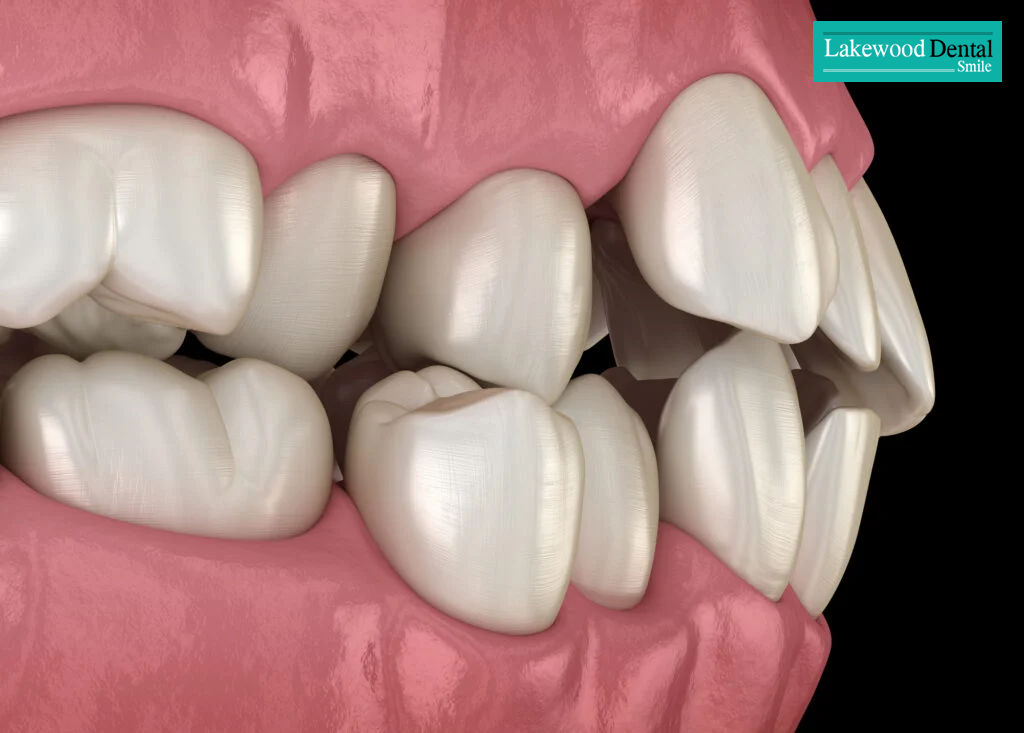Oral and maxillofacial surgery may be recommended when your dentist refers you for specialized care involving the mouth, jaw, or facial structures. You may be experiencing persistent dental pain, jaw discomfort, difficulty chewing, or a facial injury that needs advanced evaluation. While hearing the word “surgery” can feel overwhelming, a referral simply means your dentist wants you to receive the most appropriate and effective treatment for your specific condition.

Many patients assume that an oral surgeon is only needed for complex or severe cases. In reality, oral and maxillofacial surgery includes a wide range of procedures that can relieve pain, improve function, correct structural concerns, and support long-term oral health. Even routine issues—such as impacted wisdom teeth or chronic jaw pain—may benefit from specialized surgical care.
What Is Oral and Maxillofacial Surgery?
The term oral refers to the mouth, while maxillofacial relates to the jaw, face, and surrounding soft tissues. Oral and maxillofacial surgery is a highly specialized field of dentistry that focuses on diagnosing and treating conditions affecting:
- teeth and gums
- upper and lower jaws
- facial bones
- soft tissues of the mouth and face
A referral does not always indicate a serious condition. In many cases, surgery can help:
- restore normal function
- prevent future complications
- improve facial symmetry
- enhance breathing or bite alignment
For example, removing impacted teeth may reduce infection risk, while corrective jaw surgery can improve chewing and speech.
Common Conditions Treated by Oral and Maxillofacial Surgeons
Oral and maxillofacial surgeons manage a wide variety of dental and facial issues, including:
- Impacted Teeth
Most commonly involving wisdom teeth, impaction can cause gum swelling, infection, or crowding. Early removal helps prevent discomfort and long-term damage.
- Jaw Joint (TMJ) Disorders
Severe TMJ cases involving chronic pain, jaw-locking, or headaches may require surgical correction when conservative treatments are not effective.
- Overbite and Underbite
Misaligned jaws can impact chewing, breathing, and speech. Orthodontics may be combined with oral and maxillofacial surgery for predictable, lasting results.
- Cleft Lip and Palate
These congenital conditions affect feeding, speech development, and appearance. Treatment often involves a coordinated team approach to restore both function and aesthetics.
- Facial Trauma
Injuries to the jaw, cheekbones, or eye sockets from accidents or sports can be repaired surgically to restore stability and symmetry.
- Oral Pathology
This includes the removal of cysts, tumors, or treatment of suspicious lesions that may indicate oral cancer.
Additional Specialized Procedures
In addition to treating major conditions, oral and maxillofacial surgeons also perform:
- Orthognathic Surgery to correct jaw alignment and improve bite function
- Dental Implants to replace missing teeth with strong, natural-looking restorations
- Bone Grafting to rebuild jawbone before implant placement
- Obstructive Sleep Apnea Surgery when non-surgical treatments are ineffective
- Pre-prosthetic surgery to prepare the mouth for dentures or restorations
These procedures help improve comfort, function, appearance, and overall quality of life
What to Expect Before, During, and After Surgery
A typical treatment process may include:
Before surgery:
- detailed consultation and medical history review
- digital imaging or 3D scans
- discussion of anesthesia options
- personalized treatment planning
During surgery:
- local anesthesia, sedation, or general anesthesia depending on complexity
- precise surgical techniques to minimize discomfort
- monitoring for patient safety throughout the procedure
After surgery:
- mild swelling or soreness for a few days
- soft-food diet recommendations
- medication for pain or infection prevention
- follow-up appointments to ensure proper healing
Following instructions closely supports smooth, complication-free recovery.
When Should You See an Oral Surgeon?
Consider consulting an oral and maxillofacial surgeon if you experience:
- difficulty opening or closing your mouth
- persistent jaw pain or clicking
- facial swelling that does not improve
- impacted or severely damaged teeth
- a growth, cyst, or unusual lesion in the mouth
- chronic bite or alignment problems
Early evaluation can prevent small concerns from becoming more serious conditions.
Oral and Maxillofacial Surgery in Dearborn, Michigan
If you’re in Dearborn, Michigan, Lakewood Dental Smile offers access to experienced oral and maxillofacial care focused on safety, comfort, and personalized planning. From routine extractions to advanced corrective procedures, the team uses modern techniques to support healing, improve function, and protect long-term oral health.




